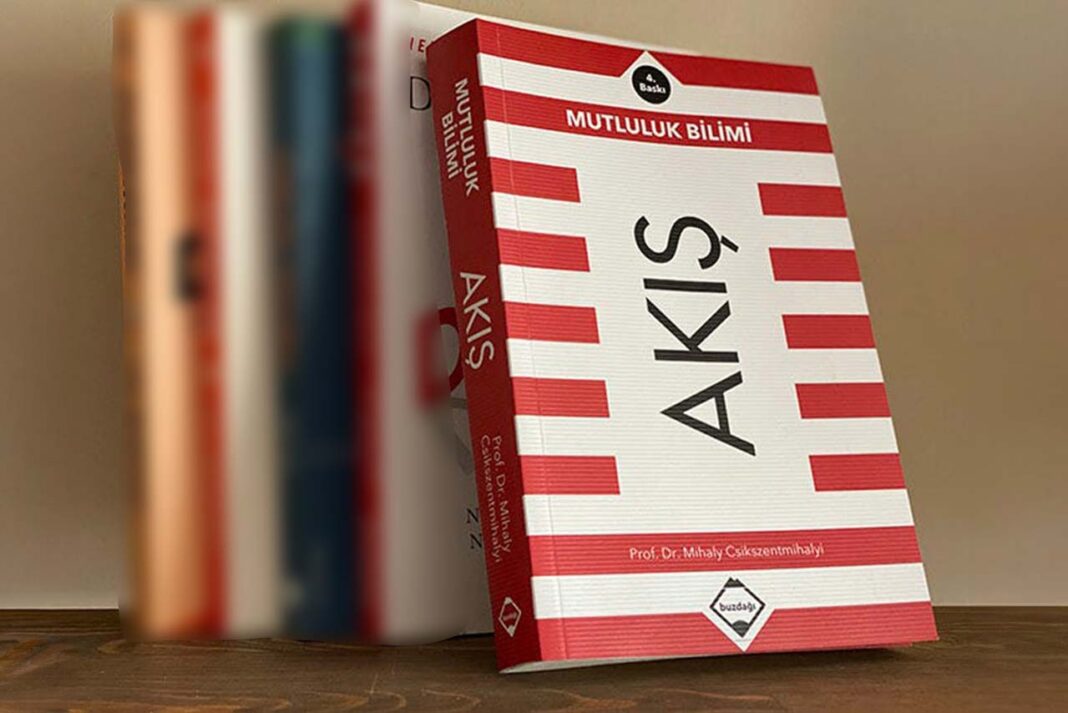What does happiness mean to you? Is it when a long-awaited dream finally comes true? Is it that moment when you finally take the vacation you’ve been planning for so long? Or is it simply the peace of falling asleep comfortably at home?
Just like any other emotion, the definition of happiness varies from person to person. Going on a trip, getting the exam result we hoped for, or receiving that item we’ve been waiting to go on sale as a gift—yes, all of these can make us happy. But how lasting is the happiness that comes from such moments? Do they truly nourish us in the long run?
According to Mihaly Csikszentmihalyi, author of the book Flow, happiness does not depend on external circumstances but rather on internal processes. He argues that happiness has more to do with what’s happening in our minds than what’s happening to us. In other words, happiness can be built from within. He emphasizes that by changing our perspective, thought patterns, and the way we direct our attention, we have the power to increase our level of happiness.
In fact, what truly matters is not what happens to us, but how we experience those events in our minds. Imagine it’s a rainy day and you accidentally step into a puddle, soaking the bottom of your pants. You could get angry and frustrated—or you could accept what happened, turn it into play, and start running through the rain. Maybe, for the first time in a long while, you’d feel the childlike joy of jumping in puddles again. The difference lies not in the event itself but in the way we interpret it.
In short, how we perceive our experiences is—at least to some extent—within our control. Csikszentmihalyi calls this the “conscious organization of experience.” That is, how we manage our minds, where we focus our attention, and how we make sense of what happens all play a role in shaping how happy we feel in a given moment. By strengthening our awareness and training our consciousness, we can protect our inner peace—even when the outside world feels chaotic.
And sometimes, the moment becomes so joyful that we lose control—in the best way possible. Picture this: you’re sitting at a café with friends you haven’t seen in a long time. The conversation flows, laughter fills the air, and suddenly, hours have passed without you even noticing. You were completely immersed in the experience. Csikszentmihalyi defines this state as “flow.” When we do something simply for the joy of doing it—without the promise of a reward or the pressure of an outcome—we enter flow. In these moments, our minds are fully present. There are no distractions, no worries—just now.
In contrast to this perspective, happiness is often seen as a result. We feel happy after getting a promotion, after passing a difficult exam. But what about the process? How can we feel content during the journey itself? What brings us peace along the way? Have you ever truly thought about what makes you feel good while doing what you have to do?
If happiness isn’t a destination, how can we bring it into our everyday lives?
We can begin by finding small moments of flow in our daily routines. While making coffee, listening to a favorite song, taking a walk, or looking into a child’s eyes—we can choose to make those moments meaningful. Adding joy to our day-to-day life might be simpler than we think. It could be as small as doing a five-minute breathing exercise, calling someone we love, or just asking ourselves sincerely, “How am I, really?”
According to Csikszentmihalyi, happiness is like a muscle—it strengthens the more we use it. The more we reflect on it, develop our awareness, and practice living consciously, the easier it becomes to reach. When our minds are truly engaged in the present moment, the weight of the past and the uncertainty of the future fade away.
To notice all this and discover what truly makes us happy, we must first get to know ourselves. And that sometimes takes time. We all do a thousand things a day. But every now and then, we can pause and ask ourselves:
“What am I truly feeling right now?”
“Can I make this moment just a little more joyful?”
Let’s not forget: happiness doesn’t have to be a grand, distant, or complicated goal. Maybe, just maybe, if something inside you stirred even slightly as you read these lines, that tiny spark was happiness lighting up from within.
So come on—let’s give ourselves that time. And let’s surrender to the flow of the happiness ship.


